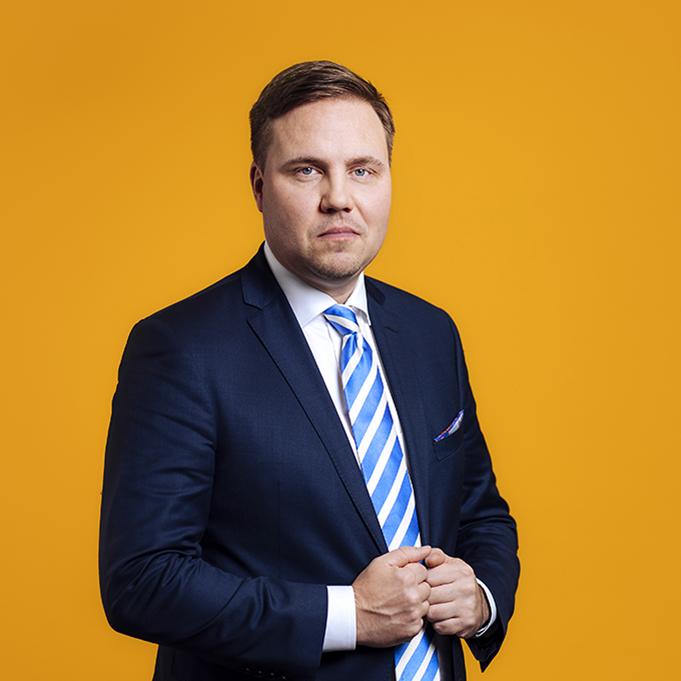Kimmo Koivurinne: Inflation and other concerns
Earnings-related pension assets increased by approximately EUR 4 billion in the third quarter of 2021. The long-running rise in the stock market began to subside, but earnings-related pension assets increased, mainly due to other asset categories. At the end of September, assets totalled EUR 245 billion.
In this blog post, I will tell you more about events on the financial markets during the past year, and especially in the quarter closed at the end of September. The information on assets we have just published is available on our page “Amount of pension assets”.
Was this the end of the party?

After more than a year of increasing, many global stock markets bordered on all-time records in early July. In Europe, vaccine coverage had expanded at a good pace throughout the first half of the year, and confidence in the future had recovered as economies opened up. However, the long-lasting rise began to show signs of fading in the third quarter. The key stock indices barely exceeded zero during the period under review, although returns for the whole year still look good thanks to the year’s impressive start. In terms of returns, the main global stock markets seem to have diverged from the emerging markets, which have lagged behind in returns throughout the year under review.
Sharply rising inflation and China’s over-indebted economy caused uncertainty on the market. The tip of the iceberg was Evergrande, a real estate company struggling under its heavy debt load. In September, this real estate company, with a debt of about USD 300 billion on its balance sheet, froze the mood on the stock market in the same way as the Groke causes freezing in Moominvalley. As information about the company’s financial difficulties reached the market, investors started to worry, not only about the individual company but also whether its potential bankruptcy would trigger a domino effect leading to a new credit crisis. During the past quarter, the real estate giant, which had earned the title of “the world’s most indebted real estate company”, was still able to meet its interest payments and avoid liquidation, but Evergrande’s financial outlook is likely to face further difficulties in the near future.
Nor was the attention focusing on the rising inflation entirely new and surprising, as consumer prices in the United States, in particular, have risen every month of the year. Inflation has been driven, above all, by rising costs of energy and raw material and the overloading of production chains as pandemic constraints have eased. Inflation in the euro area also rose to its highest level in ten years in August.
Loose money bubbling on the market
Despite the increased uncertainty, capital markets have seen more activity in company acquisitions and going public at stock exchanges. By the end of September, there had been a total of 770 initial public offerings in the United States, while the average number in the last ten years had been a couple hundred per year. Apart from the abating pandemic, the driving force in the background has been the very generous financial policy started by the Covid-19 pandemic. So far, the US Federal Reserve and the European Central Bank have not altered their interest rates. However, the short-term outlook for investors is overshadowed by the timetables published by central banks for reducing asset purchases. Despite the weak outlook, acquisition activity this year has generated good returns on private equity and unlisted shares.
The third quarter did not reward fixed-income investments with returns, especially among public issuers. On the corporate loan side, the high-yield segment with higher risk offered a nominal return of a few per cent, while the so-called investment grade remained fairly horizontal. Investment grade means corporate loans with the best credit rating, whereas high yield means corporate loans from issuers with a higher risk credit rating.
In summary, it can be concluded that, unlike in many other similar periods, authorized pension providers’ earnings in the third quarter of the year came not from listed shares but from other non-publicly traded assets, such as private equity and alternative investments. It can be hoped that inflation will level off and favourable economic indicators will be attained for the rest of the year, so that the total yield for the year will remain at the current level.